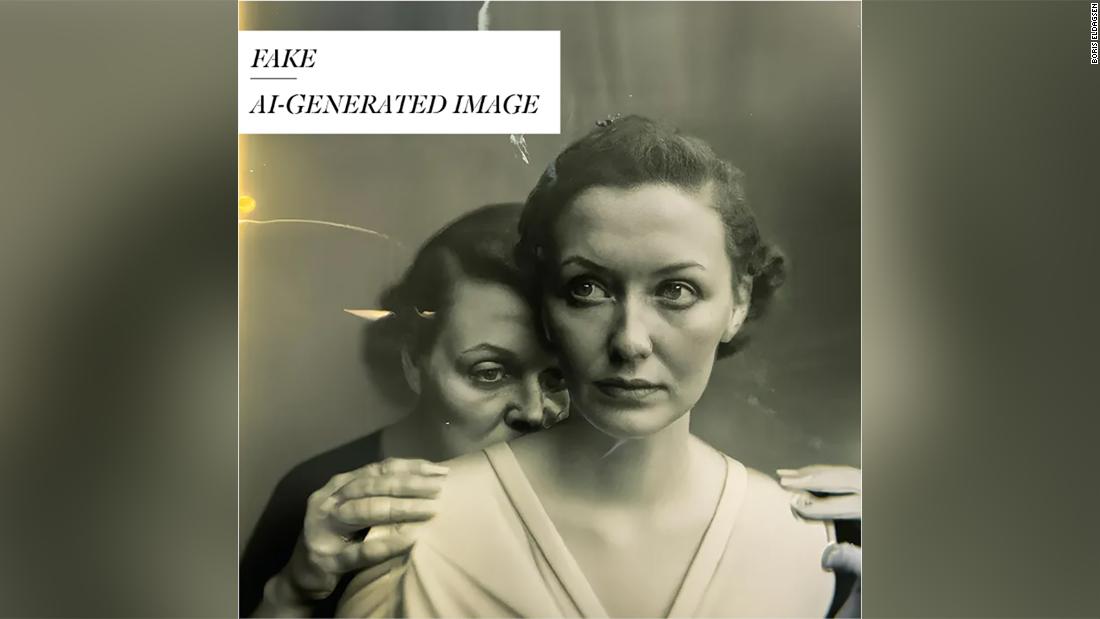A HERO of the Chernobyl nuclear tragedy jumped from a balcony on his high-rise residential building in Moscow, no longer able to cope with the ravages of radiation poisoning.
Plant engineer Viktor Smakov, 75, was a key witness to the horror of the explosion of the Soviet power station’s reactor number four in 1986.
East2WestViktor Smakov leaped 150ft to his death from a tower block in Moscow[/caption]
East2WestHe was a plant engineer who responded first to the explosion in Chernobyl in 1986[/caption]
East2WestIn a note to family, he said he could no longer cope with the ravages of radiation[/caption]
The nuclear poisoning he sustained led to repeated health problems.
In a note left for his family, he said that after 37 years he could no longer bear the treatment to keep him alive.
He fell 150ft to his death from his tower block.
The tragic note, released to the media, read: “My dears: Larisa, Dima and Sveta! Now it’s time to say goodbye.
“Thank you very much for the years we have lived together. It was happiness. I’m sorry!”
On 26 April 1986, Smakov rushed from his nearby home to his scheduled shift at the power station as soon as the reactor exploded spewing radiation across Europe.
“Inside the buildings, people fought the fire,” he said in his memoir of the tragedy.
The hero recalls the bravery of his colleagues at the time.
“It is worth saying that after the accident almost no one quit, although it was very scary,” he said.
The next day, the population of highly polluted Pripyat was evacuated.
Out of the 5,000 workers at the power station, only six or seven fled.
Despite knowing the risks of radiation, the rest of the workers stayed in the town for a few days as the station couldn’t be unattended.
“The most dangerous place was in the turbine room, because a fire here is the worst thing that can happen at a station after a reactor explosion.
“There was no panic, everyone was just doing their job.
“Personnel extinguished the fire and drained oil into underground containers; electricians…vented hydrogen,” said Smakov.
Many of those who saved the station received lethal doses of radiation and subsequently died in hospital.
Those who survived suffered from a cruel fate of disease, stigma, and accusations.
Smakov resented the blame game which saw “the staff blamed for everything”.
According to the official version, the workers conducted tests at the power unit whilst the reactor was in an unsuitable state for such work – at a power of 200 megawatts, instead of the required 700.
Smakov was awarded an honour for his role in the clean-up but admitted that the accident ruined many lives.
He said: “I suffered from radiation sickness, I received a stigma for life – a ban on working in areas of ionizing radiation, a ban on working at night, a ban on business trips, and a lot of other restrictions. Who needs such workers?”
Unable to work as a plant engineer, Smakov was given an administrative job at the Russian ministry.
East2WestSmakov was awarded an honour for his role in the clean-up[/caption]
East2WestThe Chernobyl tragedy left many workers dead or injured for life[/caption] Published: [#item_custom_pubDate]















































































































